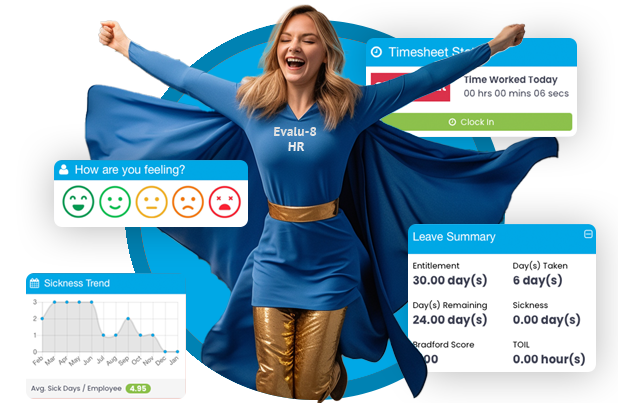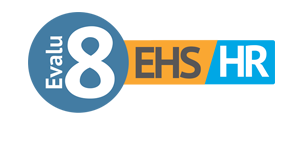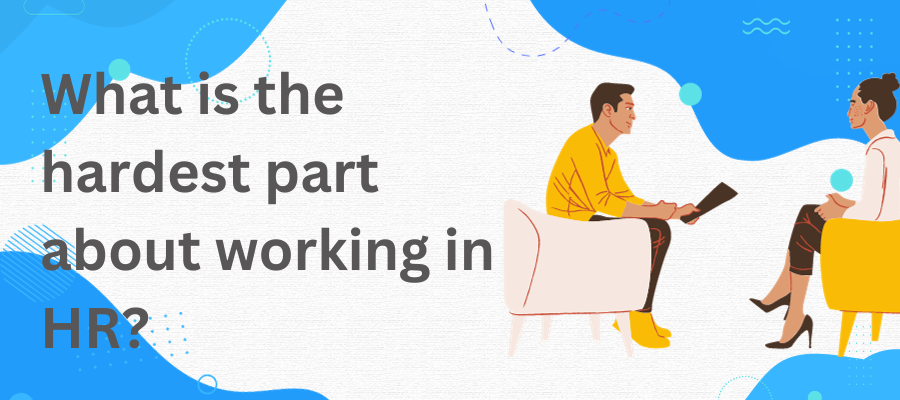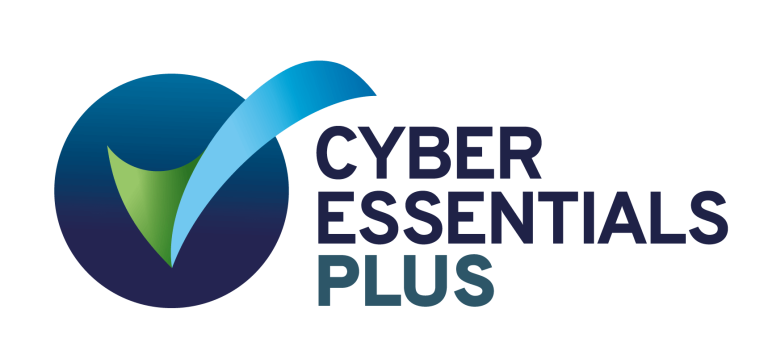Working in Human Resources (HR) is a challenging profession that requires a unique blend of skills and adaptability. HR professionals play a vital role in supporting the growth and success of their organisations, but they also face numerous difficulties along the way. In this article, we delve into the various aspects that make HR work so demanding, from understanding the complexity of HR to the constant need for adaptation and the pressure of talent acquisition and retention.
Understanding the Complexity of Human Resources
HR professionals must possess a deep understanding of the multifaceted nature of their work. They are responsible for managing the human capital of an organisation, which includes attracting, developing, and retaining employees. Furthermore, they often act as a bridge between employees and top management, ensuring that the company’s objectives align with the needs and aspirations of its workforce.
One of the biggest challenges that HR professionals face is the delicate balance between employee needs and business objectives. They must navigate a fine line between supporting and advocating for employees, while also driving results that contribute to the organisation’s bottom line. This challenge requires exceptional communication skills, empathy, and an ability to strategise and make tough decisions.
When it comes to attracting talent, HR professionals play a crucial role in crafting compelling job descriptions and recruitment strategies. They need to understand the unique selling points of the organisation and effectively communicate them to potential candidates. This involves conducting thorough market research to identify the key skills and qualifications required for each position, as well as staying up-to-date with industry trends and best practices.
Once employees are hired, HR professionals are responsible for their development and growth within the organisation. This includes designing and implementing training programs that align with both individual and organisational goals. They must also provide ongoing support and feedback to ensure that employees have the necessary resources and opportunities to thrive in their roles.
Retaining top talent is another critical aspect of HR’s role. HR professionals must create a positive and inclusive work environment that fosters employee engagement and satisfaction. This involves implementing effective performance management systems, recognising and rewarding employees for their contributions, and addressing any concerns or conflicts that may arise.
In addition to their internal responsibilities, HR professionals also need to stay informed about external factors that can impact the organisation’s workforce. This includes changes in labor laws, industry regulations, and market trends. By staying up-to-date with these developments, HR professionals can proactively adapt their strategies and policies to ensure compliance and maintain a competitive edge.
Overall, the complexity of human resources lies in the intricate balance between employee needs and business objectives. HR professionals must possess a diverse skill set that encompasses not only technical knowledge but also interpersonal and strategic abilities. By effectively managing the human capital of an organisation, HR professionals contribute to its long-term success and sustainability.
The Emotional Toll of HR Work
Working in HR can take a significant emotional toll on professionals. They regularly find themselves dealing with difficult conversations and decisions that can impact employees’ lives. Whether it’s addressing performance issues, conducting disciplinary actions, or managing difficult conflicts, HR professionals bear the weight of these responsibilities. It requires an immense amount of emotional intelligence and resilience to navigate such situations with empathy and fairness.
In addition to these challenging conversations, HR professionals are also the frontline responders when it comes to resolving conflicts within the organisation. Mediating disputes between coworkers, departments, or even between employees and management is a complex task. The stress of ensuring a fair resolution combined with the need to maintain working relationships can be overwhelming.
One of the most emotionally demanding aspects of HR work is addressing performance issues. HR professionals often find themselves in the uncomfortable position of having to deliver feedback and critique to employees. This can be particularly challenging when the employee is not receptive to the feedback or becomes defensive. HR professionals must delicately balance the need to provide constructive criticism with the employee’s emotional well-being. They must find ways to motivate and support the employee while also addressing the performance concerns.
Conducting disciplinary actions is another emotionally taxing responsibility for HR professionals. They are responsible for enforcing company policies and ensuring that employees adhere to the established rules and regulations. This often involves delivering disciplinary measures such as warnings, suspensions, or even terminations. These actions can have a significant impact on the employee’s livelihood and emotional state. HR professionals must approach these situations with sensitivity and empathy, considering the potential consequences for the individual’s career and personal life.
Managing difficult conflicts is yet another aspect of HR work that takes a toll on professionals. Conflict resolution requires HR professionals to listen to both sides of the story, gather all relevant information, and make fair and unbiased decisions. This can be a highly stressful and emotionally charged process, especially when the conflict involves individuals with strong personalities or deep-rooted disagreements. HR professionals must remain calm and composed while mediating these conflicts, ensuring that all parties feel heard and respected.
Moreover, HR professionals often find themselves caught in the middle of disputes between employees and management. They must navigate the delicate balance between advocating for employees’ rights and maintaining a positive working relationship with management. This can be an emotionally challenging position to be in, as HR professionals may face pressure from both sides. They must find ways to address employees’ concerns while also considering the organisation’s best interests.
In conclusion, the emotional toll of HR work is significant and should not be underestimated. HR professionals face difficult conversations, mediate conflicts, and make tough decisions that can impact employees’ lives. It requires a high level of emotional intelligence, resilience, and empathy to navigate these challenges effectively. HR professionals play a crucial role in maintaining a healthy and harmonious work environment, but it comes at a cost to their own emotional well-being.
The Legal and Ethical Challenges in HR
Another significant hurdle faced by HR professionals is the ever-evolving landscape of employment laws and regulations. Staying up-to-date with these legal requirements can be a demanding task, as HR professionals must ensure their organisations comply with local, state, and federal laws. One small oversight could lead to legal repercussions and damage to the company’s reputation.
Furthermore, HR professionals must uphold ethical standards within the workplace. They are responsible for setting the tone for an inclusive and respectful work environment while addressing any misconduct or ethical breaches that may arise. Balancing the well-being of employees with the organisation’s expectations can be a tricky tightrope to walk.
The Constant Need for Adaptation in HR
HR professionals live in a world of constant change. They must stay abreast of evolving HR trends and technologies, ensuring their organisations do not fall behind. From implementing new tools for employee management to adopting remote work policies in response to global events, HR professionals must adapt quickly to keep up with the changing landscape.
Moreover, workforce dynamics are continually evolving. HR professionals must be prepared to accommodate the needs and expectations of a diverse workforce. This includes understanding generational differences, managing cultural complexities, and providing resources for employee growth and development. Adapting to these dynamics requires flexibility, open-mindedness, and a willingness to continually learn and improve.
The Pressure of Talent Acquisition and Retention
Finally, HR professionals face immense pressure when it comes to attracting and retaining top talent. Acquiring skilled employees who align with the organisation’s goals and values is no easy feat. It often involves competing with other companies, implementing effective recruitment strategies, and assessing candidates’ suitability meticulously.
Once top talent is secured, HR professionals must then focus on retaining and satisfying these employees. This involves creating a supportive work environment, offering competitive compensation and benefits, and providing opportunities for growth and advancement. The challenge lies in striking a balance between the company’s needs and the desires of individual employees.
In conclusion, working in HR is undoubtedly a demanding profession. From understanding the complexity of HR to dealing with difficult conversations, staying up-to-date with legal and ethical challenges, constantly adapting to changes, and feeling the pressure of talent acquisition and retention, HR professionals face numerous hurdles. Nevertheless, their ability to navigate such challenges is what makes them invaluable resources to their organisations, contributing to the overall success and growth of their companies.
See the quick demo now
Before we show you the quick demo, we need to make sure you are a real person.

More from the HR Blog



